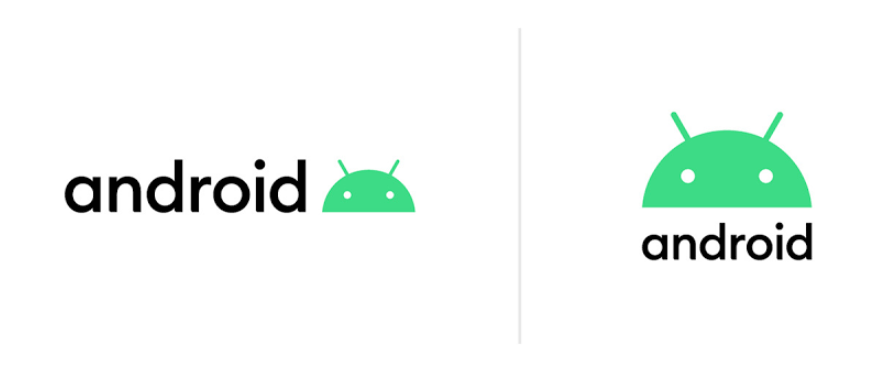
The Android mobile operating system was able to differentiate itself from Apple's iOS by using sugary names.
From 'Cupcake', 'Donut', 'Eclair', 'Froyo', 'Gingerbread', 'Honeycomb', 'Ice Cream Sandwich', 'Jelly Bean', 'KitKat', 'Lollipop', 'Marshmallow', 'Nougat', 'Oreo' and 'Pie', they are all sugary, sweet and tasty. This allowed Android names to be a lot meaningful (and memorable) than iOS which has long stick to generic version numbers.
But as for future Android version, they won't be that interesting.
According to Google, the company is rebranding the popular mobile operating system by saying goodbye to the iconic dessert-themed OS codenames.
Unveiled by Google on its blog post, the company said that:
"As we continue to build Android for everyone in the community, our brand should be as inclusive and accessible as possible—and we think we can do better in a few ways."
The company realized the finite number of names that have the cross-cultural recognition required for a globally successful product like Android, and this is why Google seems to be running out of sugary ideas.
In its own opinion, Google said that it heard feedback from users saying that the sugary names "weren’t always understood by everyone in the global community."
"For example, L and R are not distinguishable when spoken in some languages. So when some people heard us say Android Lollipop out loud, it wasn’t intuitively clear that it referred to the version after KitKat," Google explained
"It’s even harder for new Android users, who are unfamiliar with the naming convention, to understand if their phone is running the latest version. We also know that pies are not a dessert in some places, and that marshmallows, while delicious, are not a popular treat in many parts of the world."
Here, Google wants Android to be more relatable to everyone in the world.
So instead of continuing with the sugary tradition, Google stated that future Android versions (starting Android Q) will merely known as just Android 10, saying that the change "helps make release names simpler and more intuitive for our global community."

Alongside the rebranded naming approach, Google also introduced Android to a redesigned logo and style language.
"Back in 2014, we updated our logo and brand color, and this year, we’re introducing a more modern, accessible look," said Google.
The design of the logo draws inspiration from the 'Android' robot figure, which according to Google, is "the most recognizable non-human member of the community." This robot has long been the very symbol of Android that represents the fun part, as well as the curiosity and colorful design of the operating system.
With the logo update, Google is putting the robot straight into the logo, but by only showing its head, rather than its entire body.
Google has also redesigned the logo's wordmark with a thinner serif font, as well as by changing its color from green to black. This should make it easier to read by people with visual impairments.
"The logo is often paired with colors that can make it hard to see—so we came up with a new set of color combinations that improve contrast," explained Google.
So here, gone are the sweet treaty days of tasty sugary Androids.
By embracing generic version numbers, Google exchanges Android's famous brand approach with something the company thinks would give it a safe and stress-free situations to both itself, and its community of billions of users.
